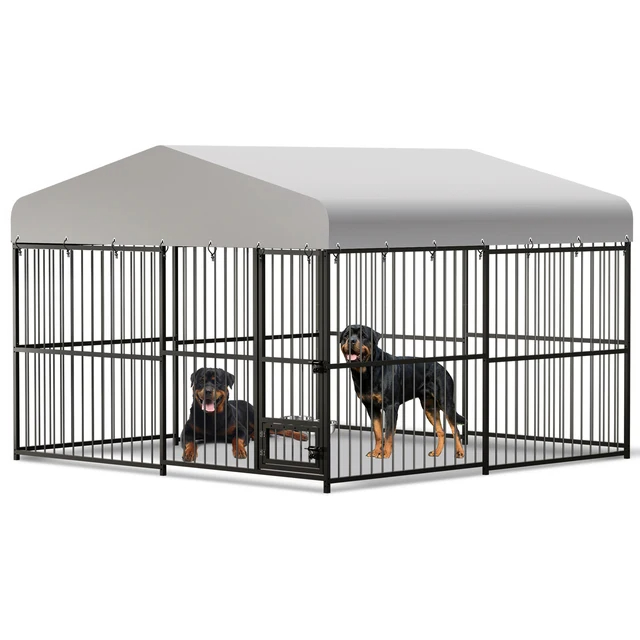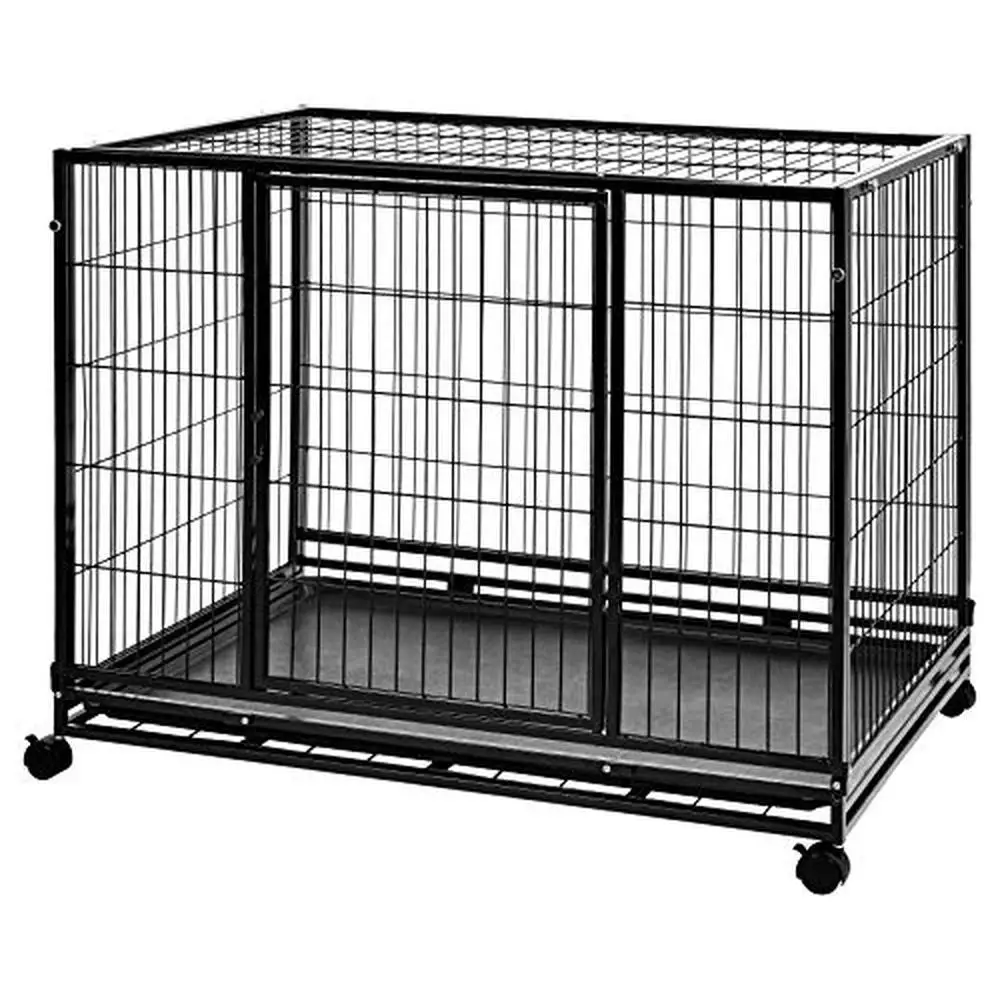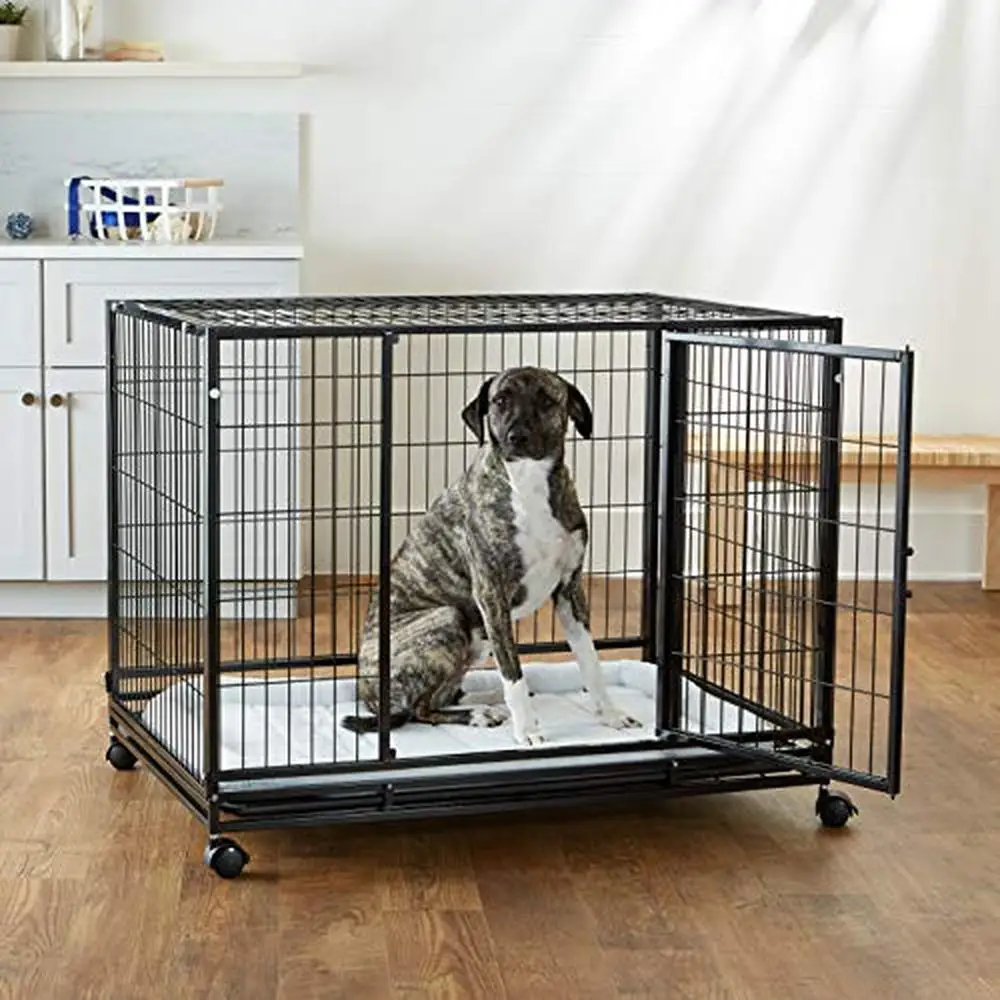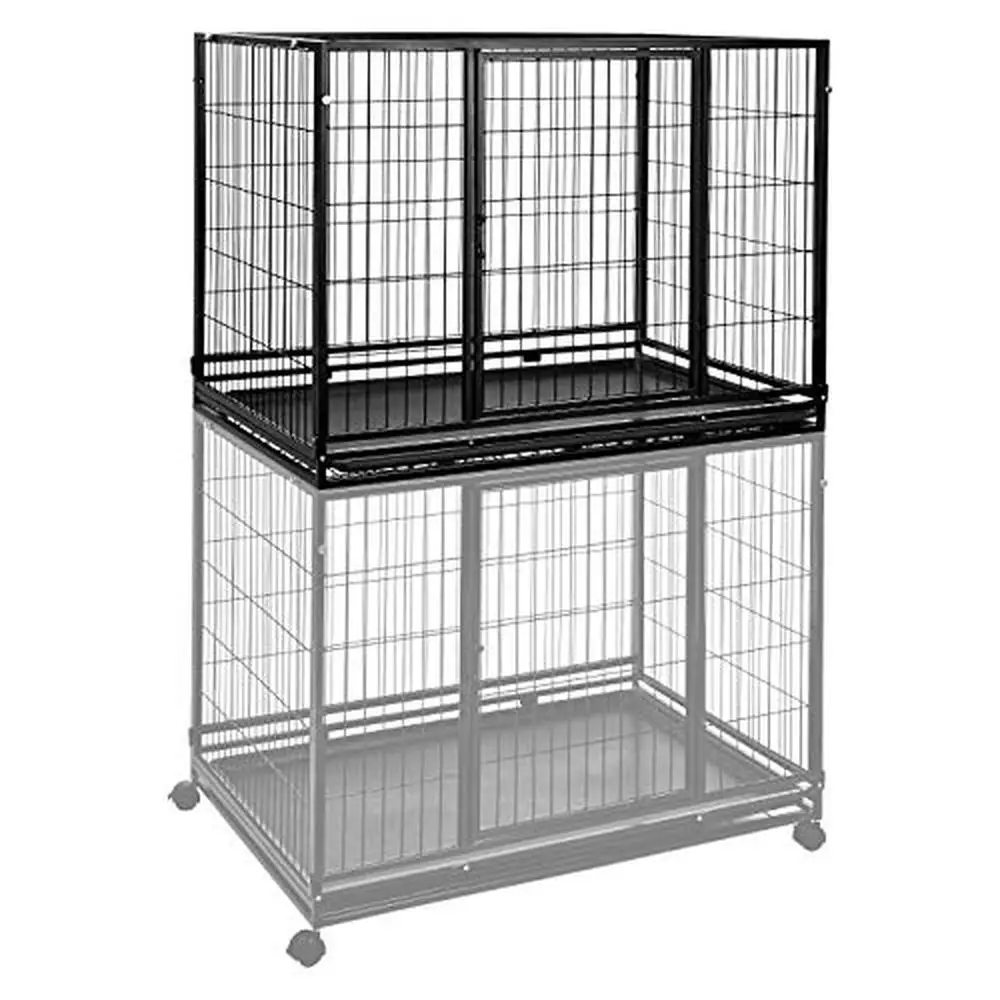Introduction
Kennel cough is a common respiratory illness that affects dogs. It is highly contagious and can spread quickly in places where dogs congregate, such as kennels, dog parks, and grooming facilities. This article will explain what’s kennel cough is, its causes, symptoms, treatment, and prevention methods.

What Is Kennel Cough?
Kennel cough, known medically as canine infectious tracheobronchitis, is an upper respiratory infection in dogs. The term “kennel cough” comes from its prevalence in boarding facilities, where many dogs come into close contact. The illness is caused by various pathogens, including viruses and bacteria. Bordetella bronchiseptica is one of the primary bacterial culprits. Parainfluenza virus and adenovirus are common viral contributors.
The infection primarily affects the trachea and bronchi, causing irritation and inflammation. Dogs with kennel cough may experience a persistent cough, which sounds like a honking or gagging noise. While kennel cough is generally mild and self-limiting, it can lead to severe complications in puppies, older dogs, or those with weakened immune systems.
Dogs often contract kennel cough through direct contact with an infected animal or by inhaling airborne droplets. Environments like dog shows and kennels facilitate the spread. When a dog coughs, it releases droplets into the air. Nearby dogs can inhale these droplets and become infected. The incubation period varies; dogs may show symptoms within a few days after exposure.
Most dogs recover from kennel cough without any significant medical intervention. However, knowing the signs and seeking veterinary care when necessary ensures that your dog remains healthy. It is essential for dog owners to be aware of this illness, especially if they frequently take their pets to social settings.
Symptoms of Kennel Cough
Recognizing the symptoms of kennel cough is crucial for prompt attention. The most noticeable sign is a persistent cough. The cough can be dry and hacking, resembling a goose honk. In some cases, dogs may cough so violently that they gag or retch. Other symptoms include nasal discharge, sneezing, lethargy, and a decreased appetite.
While the cough is the hallmark symptom, not all dogs will exhibit every sign. Some dogs may only show a mild cough, while others may develop more severe symptoms. If your dog has a persistent cough lasting more than a week, consult your veterinarian. Early diagnosis can prevent complications and help ensure a faster recovery.
In addition to coughing, other respiratory signs may appear. Some dogs may have a runny nose or watery eyes. These symptoms can mimic those of a cold in humans. If your dog is also experiencing fever, difficulty breathing, or seems unusually tired, seek veterinary care immediately. These can indicate a more serious condition that requires prompt attention.
Some dogs develop kennel cough after exposure to a stressful environment. Stress can weaken the immune system, making dogs more susceptible to infections. If you notice your dog exhibiting signs of stress, such as excessive barking or hiding, address the underlying cause. Reducing stress can help support their overall health and well-being.
Keep in mind that kennel cough can sometimes resemble other respiratory diseases. Conditions like pneumonia or canine influenza may present similar symptoms. If you’re unsure about your dog’s condition, it’s always best to consult a veterinarian. They can perform a thorough examination and provide an accurate diagnosis.

Causes and Transmission
Kennel cough can arise from different pathogens. Bacteria and viruses play significant roles in its development. Bordetella bronchiseptica is the main bacterial agent responsible for kennel cough. This bacterium can survive on surfaces, making it easy to transmit between dogs.
Viruses also contribute to the spread of kennel cough. Canine parainfluenza virus is one of the most common viral agents associated with this illness. It can easily spread in areas where multiple dogs interact. Additionally, adenoviruses can also lead to respiratory infections in dogs.
The transmission of kennel cough occurs through several channels. Direct contact with an infected dog is the primary way the disease spreads. If dogs sniff each other or share toys, the bacteria or virus can transfer. Moreover, airborne particles released during coughing can infect nearby dogs. These tiny droplets can linger in the air and be inhaled by unsuspecting animals.
Kennel cough can also spread through contaminated surfaces. Shared items like food bowls, water dishes, and toys can harbor the pathogens. If an infected dog uses a particular area, other dogs can pick up the germs from that spot. This ease of transmission makes kennel cough particularly common in crowded settings.
Understanding the causes and transmission of kennel cough is vital for pet owners. Awareness helps in taking preventive steps to protect your dog. Regular vaccinations and good hygiene practices can significantly reduce the risk of infection. If your dog is showing symptoms, limit their contact with other dogs until you confirm whether they have kennel cough.
Diagnosis of Kennel Cough
If you suspect your dog has kennel cough, a visit to the veterinarian is essential. The diagnosis process typically starts with a thorough physical examination. The veterinarian will listen to your dog’s lungs using a stethoscope. They will check for abnormal sounds, which can indicate respiratory issues.
Your vet will also ask about your dog’s medical history. They may inquire about recent exposure to other dogs and any symptoms you’ve observed. Providing detailed information helps your veterinarian make an accurate diagnosis.
In some cases, additional tests may be necessary. Blood tests can help rule out other infections or illnesses. X-rays may be performed to assess the lungs and trachea. These tests will determine whether there are complications like pneumonia.
If your dog is diagnosed with kennel cough, your veterinarian will discuss treatment options. Most cases are mild and can be managed at home. However, severe cases or those involving young puppies or older dogs may require more intensive care.
Early diagnosis and treatment are crucial in preventing complications. If left untreated, kennel cough can lead to more serious respiratory problems. Always consult your veterinarian if your dog shows signs of illness.
Treatment Options
The treatment for kennel cough often depends on the severity of the illness. Most cases are mild and do not require extensive medical intervention. If your dog has a mild case, your veterinarian may recommend rest and supportive care at home.
Hydration is essential during recovery. Make sure your dog has access to fresh water at all times. Dehydration can worsen symptoms and slow down the healing process. In addition to hydration, proper nutrition is vital for recovery. A balanced diet supports your dog’s immune system and promotes healing.
Cough suppressants can help relieve your dog’s symptoms. Your veterinarian may prescribe medications to reduce coughing and ease discomfort. Always follow your veterinarian’s instructions when administering medication. Do not use over-the-counter cough medications without consulting your vet first. Some human medications can be harmful to dogs.
In more severe cases, antibiotics may be necessary. If a secondary bacterial infection develops, your veterinarian may prescribe antibiotics to combat the infection. Follow the prescribed dosage and complete the full course of antibiotics, even if your dog appears to improve.
Monitoring your dog’s progress is essential during recovery. Keep an eye on their symptoms and behavior. If your dog shows no improvement or worsens, contact your veterinarian for further evaluation. Early intervention can prevent complications and ensure a smooth recovery.

Prevention Strategies
Preventing kennel cough is essential for maintaining your dog’s health. Vaccination is one of the most effective ways to reduce the risk. The Bordetella vaccine is widely recommended, especially for dogs that interact with others. Many kennels and doggy daycare facilities require this vaccine before accepting new dogs.
Regular vaccinations help protect your dog against various respiratory infections. Talk to your veterinarian about the appropriate vaccination schedule for your dog. They can provide recommendations based on your dog’s age, lifestyle, and exposure risk.
In addition to vaccination, practicing good hygiene is crucial. If your dog frequents dog parks, grooming facilities, or kennels, keep an eye on their surroundings. Avoid areas that appear overcrowded, as this increases the risk of transmission.
When interacting with other dogs, be cautious. If you notice a dog coughing or showing other symptoms, keep your dog away. Encourage social distancing among dogs when possible. This practice can help minimize exposure to potential infections.
Cleaning and disinfecting shared spaces also play a vital role in prevention. If you have multiple dogs, ensure that their living areas are clean. Regularly wash food and water bowls, toys, and bedding. Use pet-safe disinfectants to kill any lingering pathogens.
Finally, monitor your dog’s health regularly. If you notice any signs of illness, consult your veterinarian promptly. Early detection allows for timely treatment and reduces the chance of spreading the illness to other dogs.
Conclusion
In summary, kennel cough is a common but manageable illness affecting dogs. Understanding its causes, symptoms, and treatment options is essential for every dog owner. With proper care and attention, most dogs recover fully from kennel cough without complications.
Vaccination is key in preventing kennel cough. Ensure your dog receives their vaccines, especially if they interact with other dogs frequently. Practicing good hygiene and monitoring your dog’s health can significantly reduce the risk of infection.
If your dog shows signs of kennel cough, consult your veterinarian for guidance. Early diagnosis and treatment lead to better outcomes. By staying informed and proactive, you can help protect your dog and ensure they remain happy and healthy.
